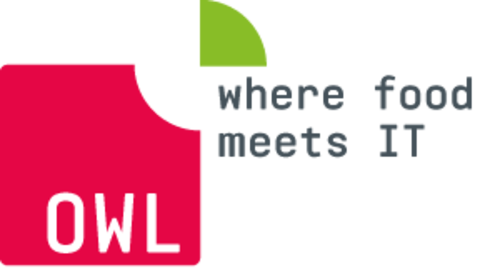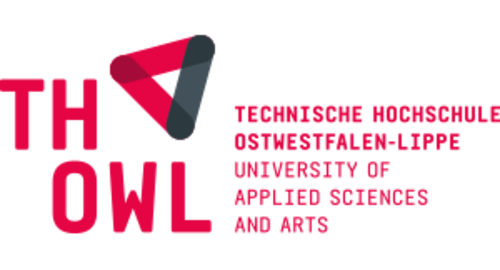Beer recovery by filtration of surplus yeast saves raw materials and energy in the brewing process, avoids food waste, and improves economic efficiency. At the same time, the quality and concentration of the surplus yeast increases as a secondary product. Beer recovery represents a typical process for the food industry of processing continuous streams of raw materials of variable quality, which have so far only been mastered to a limited extent in terms of automation technology.
GEA's Rotoramic systems are based on an innovative dynamic filtration process with rotating ceramic membranes. Due to lower operating pressures, they have lower energy requirements than conventional crossflow membrane filtration systems and can be scaled more easily, so that this technically very complex filtration process for yeasts can be managed economically not only by large breweries, but also by medium and small breweries. Since the brewing industry in Germany is characterized by a comparatively large share of small and medium-sized breweries (approx. 66% small and 32% medium-sized production facilities with a production share of about 30% of the total 93.5 million hl/year), this innovative technology can make a significant contribution to resource conservation, especially of agricultural raw materials.
For efficient and continuous operation of the Rotoramic plants, the filtrate and re-tentate outflows as well as the unfiltrate inflow and its concentration must be adjusted automatically, whereby an unknown unfiltrate suspension, initially variable in quantity and quality, is present in the brewing process. The conventional process design and management as well as the process monitoring up to now do not allow to exploit the achievable and for the economic implementation necessary potential of the technology in smaller plants. This concerns, among other things, the medium filtrate volume flow (flux), the energy costs, the downtime until the cleaning cycle or the so far not completely continuous mode of operation due to backwashing.
The aim of the proposed project is to optimize the process and process automation of the Rotoramic plants using Industry 4.0 methods in order to achieve
● the highest possible yield and quality of the recovered beer,
● a long service life and lifetime of the membranes, and
● the most energy- and resource-efficient operation possible.
In addition to the economic benefits of improved production, digitization allows end-to-end quality control and thus closes safety gaps in consumer protection. The technological approaches to be developed in the project are methodologically transferable to similar, complex processes in the food industry (solid-liquid separation processes, product degassing, heating processes for sterilization) and can be used as a "best practice" example to show how such processes can be made more controllable and resource-efficient by means of Industry 4.0.
This project is funded by the Innovation Promotion Program of the German Federal Ministry of Food and Agriculture and supervised by the project management organization BLE.



![[Translate to EN:] [Translate to EN:]](/fileadmin/user_upload/Rotoramic-Anlage_96.jpg)
![[Translate to EN:] [Translate to EN:]](/fileadmin/user_upload/Roll_Up_SmartOption_Logos.png)